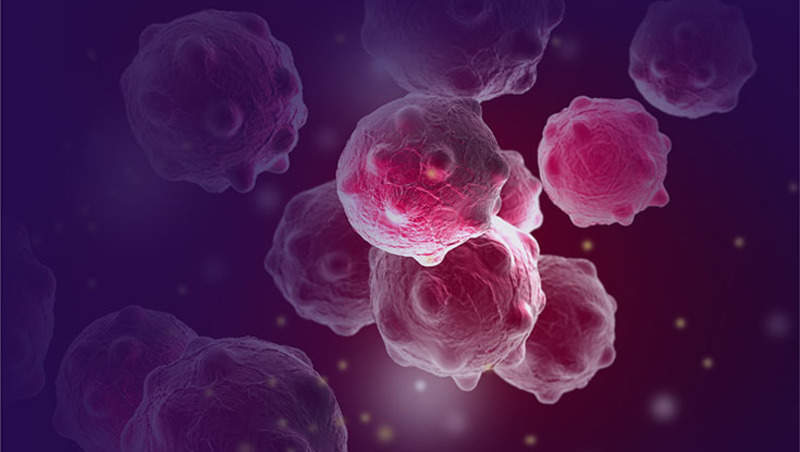
Researchers from the National University of Ireland Galway (NUI Galway) have discovered a new treatment strategy to enhance the response to chemotherapy and minimise the risk of relapse for triple negative breast cancer (TNBC) patients.
The team from the Apoptosis Research Centre at NUI Galway targeted the IRE1 stress response pathway as part of a ‘first in world’ therapy.

Discover B2B Marketing That Performs
Combine business intelligence and editorial excellence to reach engaged professionals across 36 leading media platforms.
TNBC is considered as one of the most aggressive and difficult to treat breast cancer. While chemotherapy is available, the majority of TNBC patients relapse in one to three years.
The research team demonstrated that IRE1 is a central driver of treatment-related relapse. IRE1 acts as a cellular stress sensor and relieves short-term stresses, such as lack of nutrients and oxygen, within cells.
During the study, the NUI Galway researchers found that chemotherapy can activate the IRE1 stress response in TNBC. This in turn triggers the production of survival signals that support the growth of new cancer cells.
Furthermore, it was observed that the process can be stopped through specific inhibition of IRE1 by using a small molecule drug called MCK8866. The drug is said to improve effectiveness of the initial chemotherapy treatment, as well as decrease the relapse of TNBC.

US Tariffs are shifting - will you react or anticipate?
Don’t let policy changes catch you off guard. Stay proactive with real-time data and expert analysis.
By GlobalDataWhen the researchers used TNBC cells treated with chemotherapy, they were able to block IRE1 activity and minimise the production of survival signals. This is reported to have led to 50% decrease in the growth of new cancer cells.
In a pre-clinical TNBC model, MCK8866 demonstrated regression in eight out of ten cancers, compared to three out of ten with chemotherapy alone.
The combination of the drug with chemotherapy is also said to have mitigated tumour relapse in this model.
In addition, the researchers analysed 595 patient tumours and found that TNBC cells had the highest IRE1 activity out of breast cancer sub-types.
Based on the findings, the researchers believe that a combination of chemotherapy and IRE1 inhibitors could potentially deliver substantial benefits for patients with TNBC.




